It’s no secret that buying or selling a home can be a stressful process.
But with the help of a good real estate agent, most of these stresses can be alleviated.
Once the buyer and seller sign the contract, the closing process begins — and therein lies the rub.
It almost certainly will not move as quickly as anticipated.
While seamless closings are ideal for everyone involved, they almost never happen unless the buyer is paying cash on the home, and even then there can be a roadblock or two.
In the February 2020 Realtors Confidence Index survey by the National Association of Realtors:
“77% of real estate agents responded that contracts closed on time, and 19% reported delays but eventually closed; 4% of contracts were terminated. Out of the delayed contracts, the most common causes were financing issues (37%), followed by appraisal issues (18%) and inspection issues (16%).”
So the answer to “how long does it take to close on a house?” is not a simple or finite one.
You may encounter opposition along the way, but with the right preparation and foresight, you can deflect and move right past it.
The following are some common roadblocks that buyers and sellers should be aware of in order to avoid any closing delays.
In this article, we will discuss 13 of these roadblocks.
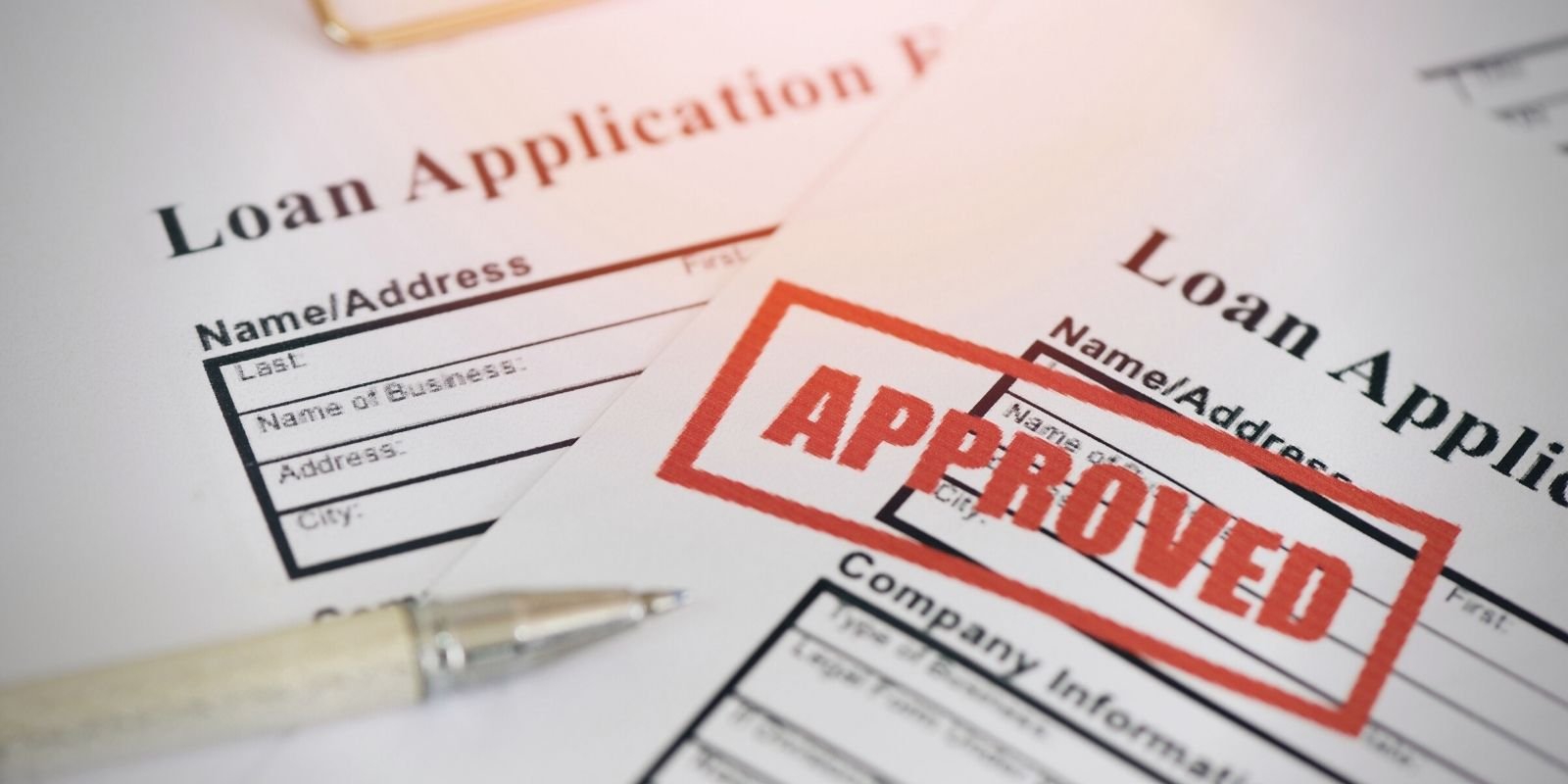
1. Loan Approval
One of the most common causes of delayed closings is when the buyer does not get approved for the loan.
The loan application process can be long and arduous, and it’s not uncommon for a buyer to hit a snag at the last minute.
This can delay the closing process by days, weeks, or even months.
If you are a buyer, it’s important to start the loan application process as soon as possible.
This will give you plenty of time to fix any issues that may arise.
And if you are a seller, it’s important to be aware of the buyer’s financial situation.
If you know that the buyer is still in the process of getting approved for a loan, you may want to extend the deadline.
How to Avoid Closing Delays Caused by Loan Approval
The best way to help avoid mortgage loan setbacks is to get a mortgage pre-approval for one before even submitting an offer.
In fact, buyers should go one step further (if they can) and get pre-underwritten for a loan, which offers even more security for both buyers and sellers.
Not only will this give the seller additional confidence in accepting the offer, but it will help you get a quick and smooth loan approval once you’ve entered the purchase contract.
To protect against a delayed or derailed loan approval, the buyer should include a financing contingency in the real estate contract so they can back out with their earnest money returned if something unexpected happens (such as losing a job).
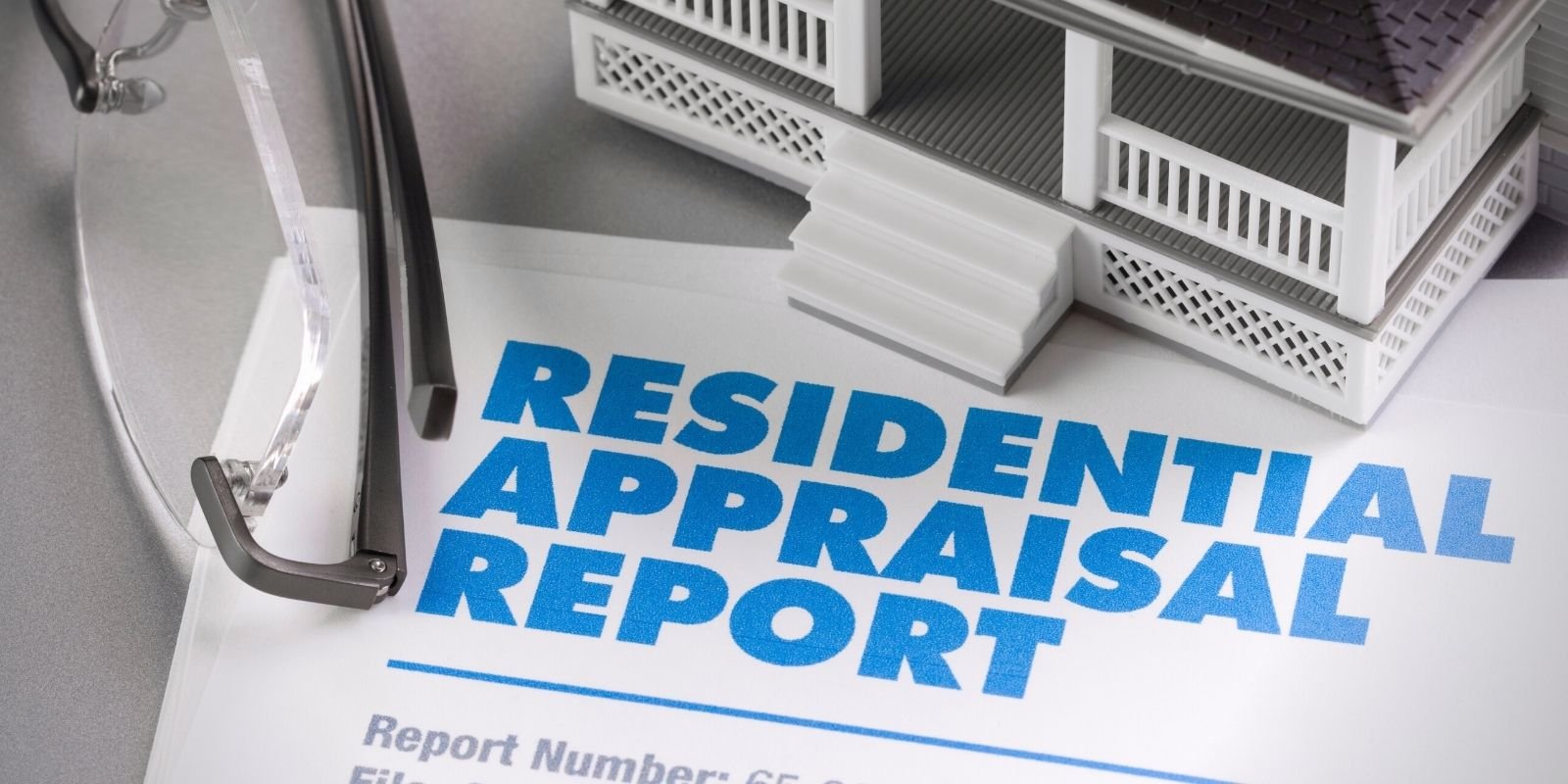
2. Appraisal Lower than Purchase Price
If the appraisal comes in lower than the purchase price, the buyer may not be able to get a loan for the full amount.
This can delay the real estate closing process by days, weeks, or even months.
For sellers, it’s important to be aware of this possibility.
There are actions you can take to avoid hurting your home appraisal.
If you know that the appraisal may come in low, you may want to consider lowering the asking price.
And if you are a buyer, it’s important to be prepared for this possibility.
Have a discussion with your real estate agent about what your options are if the appraisal comes in lower than the purchase price.
How to Avoid Closing Delays Caused by an Appraisal Lower than Purchase Price
If you love the home and are not worried about its specific value, an easy way to avoid a low appraisal blowing up a deal is to buy the home outright with cash instead of financing it, in which case an appraisal is unnecessary.
That said, you have to be careful with this option as you risk buying a home that is overvalued.
If that’s not an option, the buyer can:
- Request a second appraisal
- Renegotiate the price with the seller
- Pay a larger down payment so the loan will still cover the appraisal value
- Pay the difference out of pocket
If this problem can’t be resolved, an appraisal contingency in the contract allows the buyer to cancel the agreement and retain their earnest money deposit.
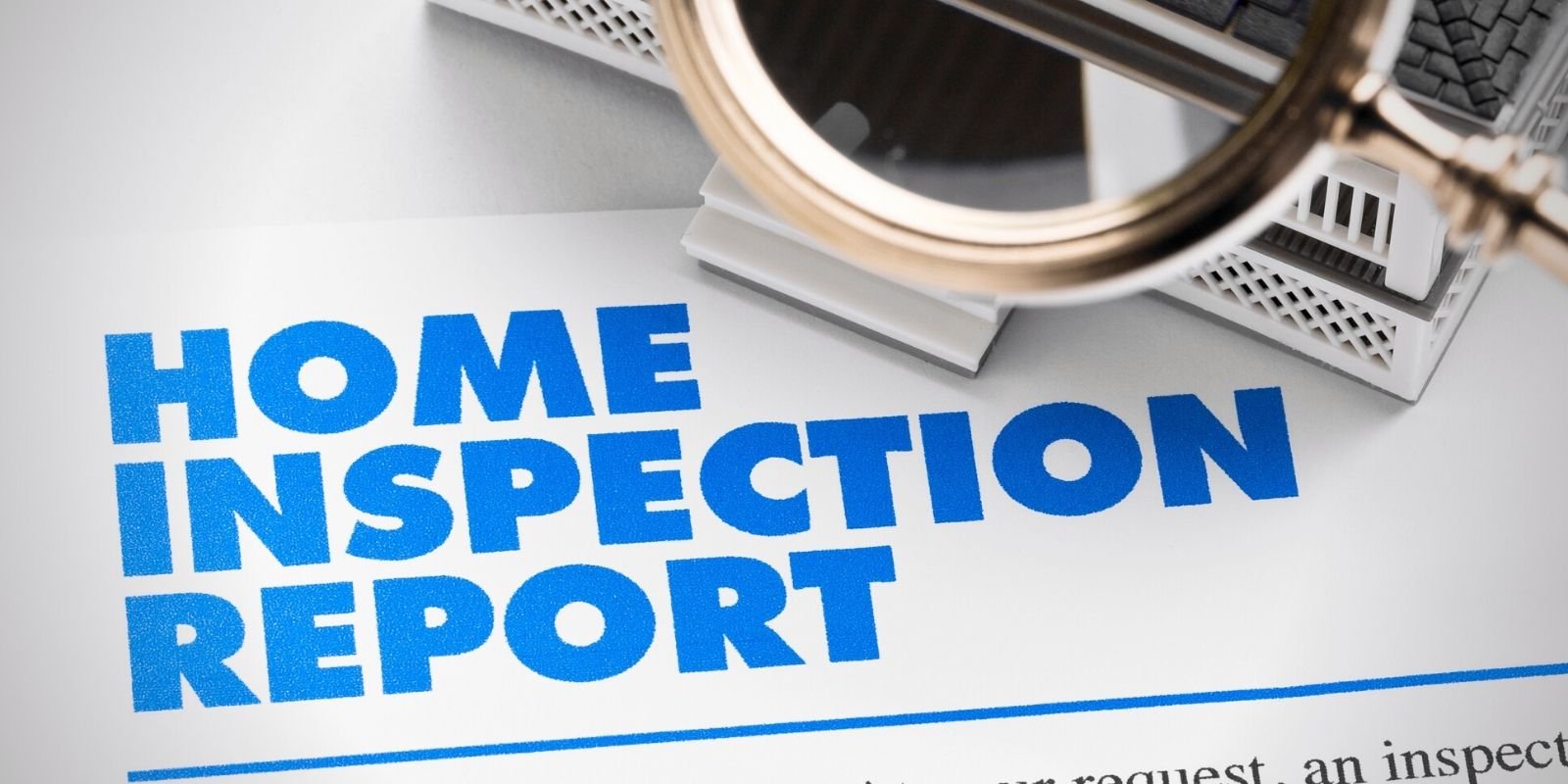
3. Repairs Identified During Inspection
If the home inspection reveals that the home needs major repairs, this can delay the closing process by days, weeks, or even months.
It’s important for sellers to be aware of this possibility.
If you know that the home needs major repairs, you may want to consider lowering the asking price.
And if you are a buyer, it’s important to be prepared for this possibility.
Have a discussion with your real estate agent about what your options are if the home needs major repairs.
How to Avoid Closing Delays Caused by Repairs Identified During Inspection
The good news is that the buyer has options when the inspection reveals major repairs needed, so it’s not a deal-killer.
Those include:
- Asking the seller to make certain repairs themselves before closing the deal
- Requesting a reasonable decrease in the sale price based on the cost of repairs
- Asking for a non-monetary exchange like including certain appliances or furniture to offset the repair costs
- Asking for a home warranty to cover questionable or outdated features
If all else fails and the repairs are too significant, it’s important to have an inspection contingency in the contract.
An inspection contingency allows the buyer to cancel the deal after evaluating the inspection report without losing their earnest money deposit.

4. Title Problems
There are a number of issues that can come up during a title search on a home for sale.
Some of the issues are relatively small and easy to resolve, while others are larger issues that will need to be addressed before the property can be legally transferred to the new owner.
A title search of public records will typically go back 50 years and can reveal common property title discoveries tied to the house.
Below are a few of the most common title problems that arise from a title search:
- Contractor’s lien
- Active bankruptcy of the seller
- Taxes on the home still owed
- Child support lien
Not all of these issues can be quickly resolved.
For example, resolving a contractor’s lien is pretty typical but it can cause a closing delay if the contractor can’t be located.
How To Avoid Closing Delays Caused By Title Problems
Minimizing clouds in a title search requires the seller to be proactive.
That means they should pay off any debts they have associated with the house and sit down with a real estate attorney to review all the pertinent documents for red flags before even putting the house on the market.
Buyers should also consider purchasing title insurance in case the title search misses something and a property claim is made after closing.

5. Homeowners Insurance Not Secured
A bank or mortgage lender requires homeowners insurance in case the home is damaged or destroyed by a natural disaster or any other unexpected event to protect themselves and the owner.
While not legally required for every home sale, obtaining a mortgage loan is contingent on having homeowners insurance.
If the buyer is financing the home, the lender will not grant a loan without proof of homeowners insurance.
Also, in many cases, the buyer must present homeowners insurance on the closing date to complete the sale.
How To Avoid Closing Delays Caused By Homeowners Insurance Not Being Secured
While this may seem like a pretty obvious answer if you want to avoid closing delays caused by not having secured homeowners insurance… secure homeowners insurance.
The cost of homeowners insurance depends on the purchase price of the home.
Buyers should budget accordingly and start shopping for a policy as soon as the purchase agreement is signed.

6. Home Sale Contingency
If the buyer has a home sale contingency written into the contract, it means they have the right to back out of the deal if they can’t sell their current home.
Put another way, the buyer needs to sell their current house before they can close on a new house.
If the buyer’s home doesn’t sell by the agreed-upon date or for at least the asking price, the buyer can back out of the contract.
Having the home sale contingency in the contract already pushes back the closing date, and if the home doesn’t sell in time, the deal could fall through entirely.
How To Avoid Closing Delays Caused By A Home Sale Contingency
If the buyer is otherwise a good candidate, the seller may decide to move forward with the contract but add their own kick-out clause.
This is a safeguard for the seller if they find another buyer who is ready to purchase the home.
If the kick-out clause is activated, the current buyer has the option to remove the home sale contingency and move forward with closing.
If not, the seller can back out of the contract.
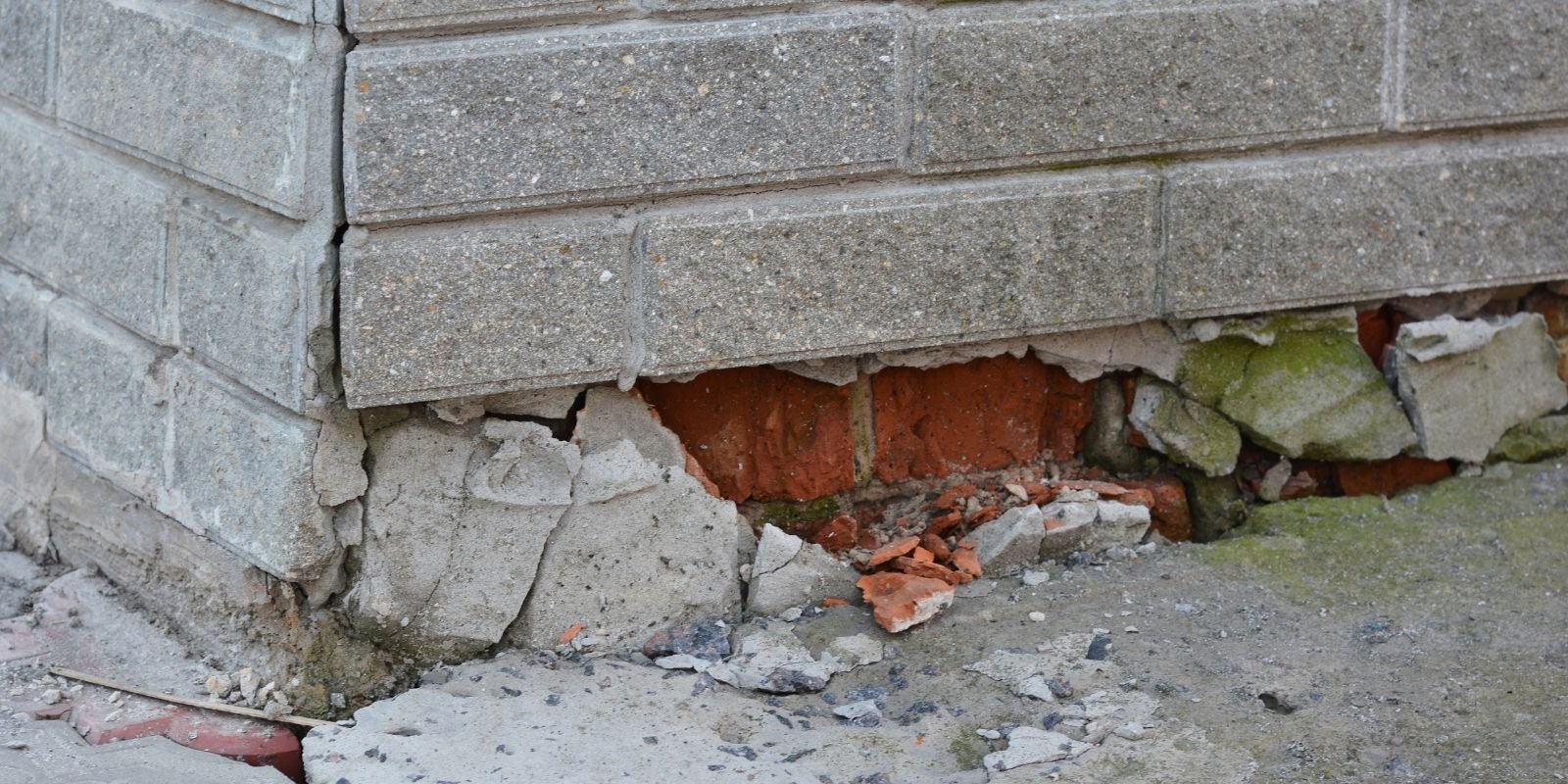
7. Issue With the Final Walkthrough
If there are any major problems with the home discovered during the final walkthrough, it can cause the closing to be delayed.
This is often the last chance for the buyer to inspect the property before they go to closing.
The final walkthrough ensures that the seller has the house in the right condition according to the terms of the contract.
This includes completing all necessary repairs, removing anything that’s not supposed to stay behind, and ensuring that nothing was damaged during move-out.
Common issues that can come up during a final walkthrough include:
- Damage that was not previously disclosed
- Incomplete repairs that were agreed upon
- Pets or stains that were not previously disclosed
How To Avoid Closing Delays Caused By Issues During The Final Walkthrough
The best way to avoid any potential closing delays caused by issues during the final walkthrough is to do your due diligence as a buyer ahead of time.
Inspect the property thoroughly during your pre-closing walkthroughs, and make sure to ask the seller any questions you may have.
If any red flags come up during the final walkthrough, be sure to document them and bring them up with your real estate agent or attorney.

8. Remaining Debt on the Property
If you’re buying a home, it’s important to make sure that there isn’t any remaining debt on the property.
This includes checking for tax liens and contractors’ liens.
Making sure that there isn’t a lien on a home you’d like to purchase is essential to avoid getting saddled with someone else’s debt.
If the owner of a house owes money on a tax lien or contractor’s lien, the closing will be delayed until the debt is paid.
Closing without paying the debt means that it becomes your responsibility.
How To Avoid Closing Delays Caused By Remaining Debt on the Property
The best way to avoid this issue is to do your due diligence ahead of time.
Check for any outstanding debt on the property before you make an offer.
The title search should help surface any debts or liens on the property apart from the mortgage loan.
If the title search misses something, the buyer will be on the hook for the debt unless they’ve purchased title insurance.

9. Closing Costs
When you’re buying a home, there are a lot of costs to consider.
The cost of buying a new home doesn’t end with the offer.
There are also closing costs to consider, which can add up to 5% of the total loan amount.
Closing costs are fees that you have to pay in order to finalize your home purchase.
They include things like the cost of the title search, the appraisal, taxes, and any closing agent fees.
And while they usually amount to a few thousand dollars, they can add up to tens of thousands of dollars in some cases.
If buyers haven’t budgeted for closing costs to buy a house, they may be in for a surprise.
This could threaten their financial ability to purchase the home or lead to further negotiations with the seller.
How To Avoid Closing Delays Caused By Closing Costs
The best way to avoid closing delays caused by closing costs is to plan ahead.
Make sure you have enough money saved up to cover all of your expenses and be prepared for any surprises.
If the closing costs present barriers to closing, seek out ways to lower them.
For example, you could around for less expensive vendors involved in the closing process by utilizing the Loan Estimate form provided by the lender.
Another strategy, especially in a buyer’s market, is to ask the seller to contribute to the closing costs.

10. Not Working With A Qualified Real Estate Agent
One of the most important things you can do when buying or selling a home is to work with a real estate agent that is licensed and experienced.
Their expertise and guidance will help you with negotiating the home’s selling price and ensuring a smooth real estate closing process.
An inexperienced agent may also not be aware of all the potential roadblocks that can delay a closing, like hidden damage or liens on the property.
This could lead to last-minute surprises and delays as you try to finalize the sale.
It should be clear by now that buying and selling a house is a complex endeavor!
That’s why it’s the real estate agent’s job to advise and protect their client.
Real estate agents can help with almost any of the issues outlined above, including:
- Identifying which repairs to ask the seller to fix after the inspection
- Negotiating closing costs
- Providing insights regarding what contingencies to include in a contract
- Recommending real estate attorneys
- And much more
Not taking advantage of these services is a common first-time homebuyer mistake that could set back or derail the closing.
How To Avoid Closing Delays Caused By Not Working With A Qualified Real Estate Agent
This seems a bit obvious, but to avoid closing delays caused by not working with a real estate agent… you should work with a trustworthy and reliable real estate agent.
Ask your family and friends to recommend a good agent and make sure that they have a proven track record of successful real estate transactions.

11. Unrealistic Contract Dates
When buying or selling a home, it’s important to be realistic about the timeline.
Setting unrealistic contract dates can lead to delays and frustration on both sides of the transaction.
Establishing a realistic closing date in your real estate contract sets reasonable expectations for both sides to complete the process and buying and selling a home.
If the closing deadline is too short, any complication encountered along the way — from inspection results to lender financing — will require postponing the closing date.
To postpone, a new date must be proposed and approved by each party.
If anyone disagrees to extending the contract, the deal is dead.
How To Avoid Closing Delays Caused By Unrealistic Contract Dates
The best way to avoid closing delays caused by unrealistic contract dates is to be realistic about the time it will take to complete all of the necessary tasks.
This includes things like getting an inspection, waiting for repairs to be completed, and finalizing the loan.
It’s also important to factor in potential delays that could occur, like bad weather or a busy Real Estate market.
If either party is unable to meet the deadline, it could lead to a delay in closing.
An experienced and trusted real estate agent will be able to set the right timeline for their client based on their assessment of the terms in the contract.
Expect at least 45 days to accomplish all the necessary steps required in a home purchase.
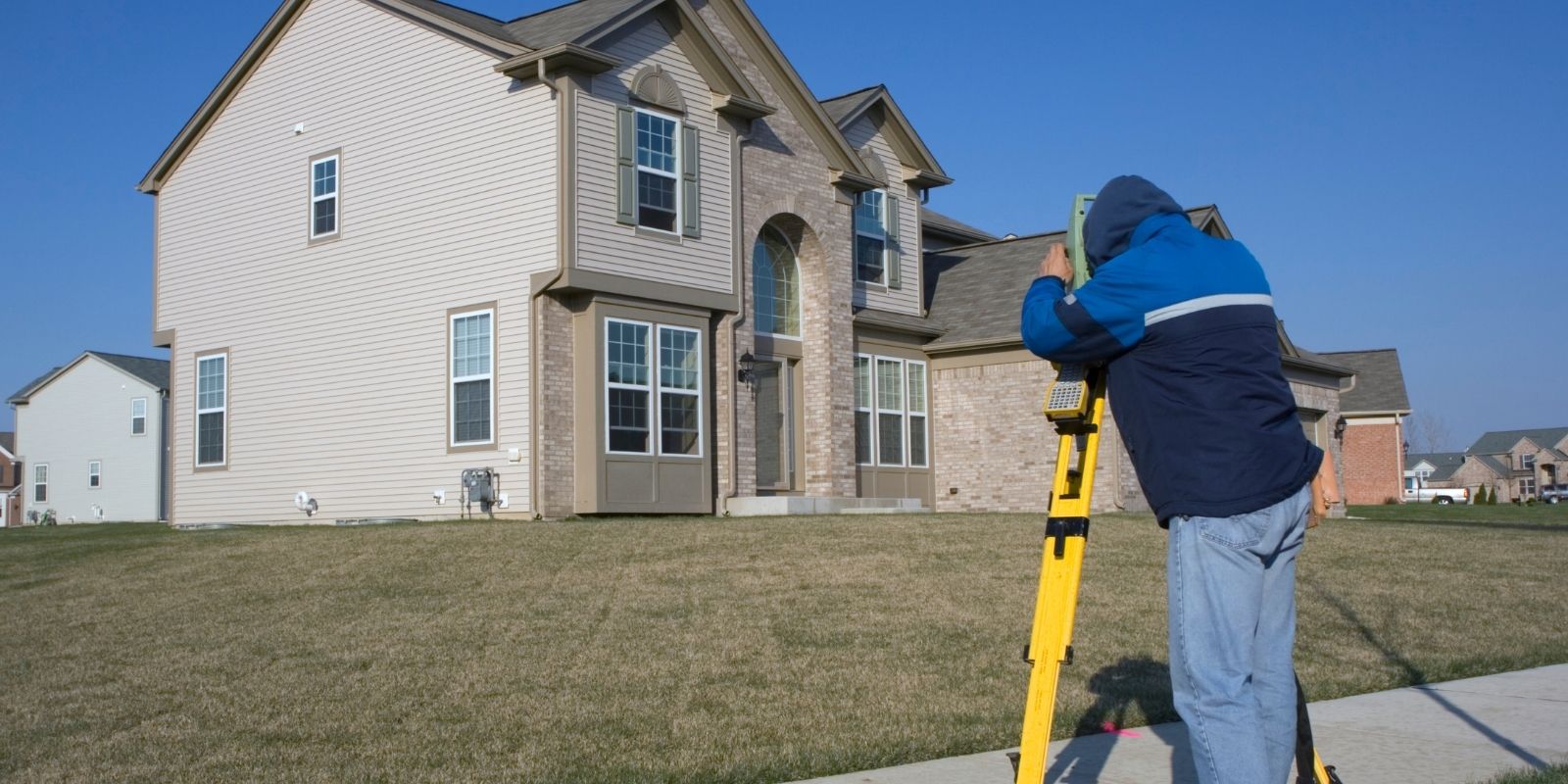
12. Survey Issues
When buying or selling a home, one of the most important steps is to have a property survey conducted.
This document outlines the boundaries of the property and can reveal any potential issues with the land, like easements or zoning restrictions.
If a property survey reveals any major issues with the land, it can delay or even derail the closing process.
For example, if there are restrictions on what type of development can take place on the property, it could impact the buyer’s ability to get a mortgage.
How To Avoid Closing Delays Caused By Survey Issues
The best way to avoid closing delays caused by survey issues is to ensure that your contract is contingent on a satisfactory survey.
This means that the sale will only move forward if the property survey reveals no major issues with the land.
This gives both parties some peace of mind that any potential problems will be identified and resolved before closing.
It’s also important for buyers to order their own survey, in addition to the one conducted by the seller, to ensure that there are no surprises at closing.
If a survey proves that (for example) a neighbor has a fence or other structure on the property which is causing a conflict with the sale, you can hire an attorney to facilitate a lot line agreement.
From there, a resolution could include removing the encroachment, selling the piece of land in question to the neighbor or any other recommended negotiation.

13. Closing Disclosure is Late
The closing disclosure document is issued by the buyer’s mortgage lender and is one of the most important pieces of paperwork needed at closing.
Lenders must give buyers the Closing Disclosure at least three days before the scheduled closing so that the buyers can review it for any errors.
If the lender is late delivering the Closing Disclosure, this could delay the closing.
In addition, all of the information in the lender’s Closing Disclosure must be accurate and error-free.
There are a lot of minor and major details, including names, addresses, payment amounts, terms, conditions, and more.
If they don’t all match up, the lender must correct and resubmit the document, thus holding up closing.
How To Avoid Closing Delays Caused By A Late Closing Disclosure
The best way to avoid closing delays caused by a late closing disclosure is to ensure that the document is delivered on time.
To proactively avoid Closing Disclosure mistakes, ask the lender for the document as early as possible to check that all information is correct.
Confirm all closing materials are received in good order with your agent before sitting at the closing table.

Wrapping Up Our List of 13 Roadblocks You Should Be Aware of to Avoid Closing Delays
When buying or selling a home, it’s important to be aware of the potential roadblocks that could delay the closing process.
By knowing what to look out for and having a contingency plan in place, you can avoid most delays from happening.
In this blog post, we’ve outlined 13 roadblocks that buyers and sellers should be aware of.
Keep these in mind as you go through the buying or selling process, and you’ll be able to smoothly navigate your way to closing day.
For help navigating the buying or selling process, reach out to the oldest real estate agency in Fort Worth, TX: Helen Painter Group Realtors.
Our trustworthy and reliable real estate agents have been serving Fort Worth since 1958.
Feel free to give us a call at 817-247-1493 or contact us for a free consultation.

